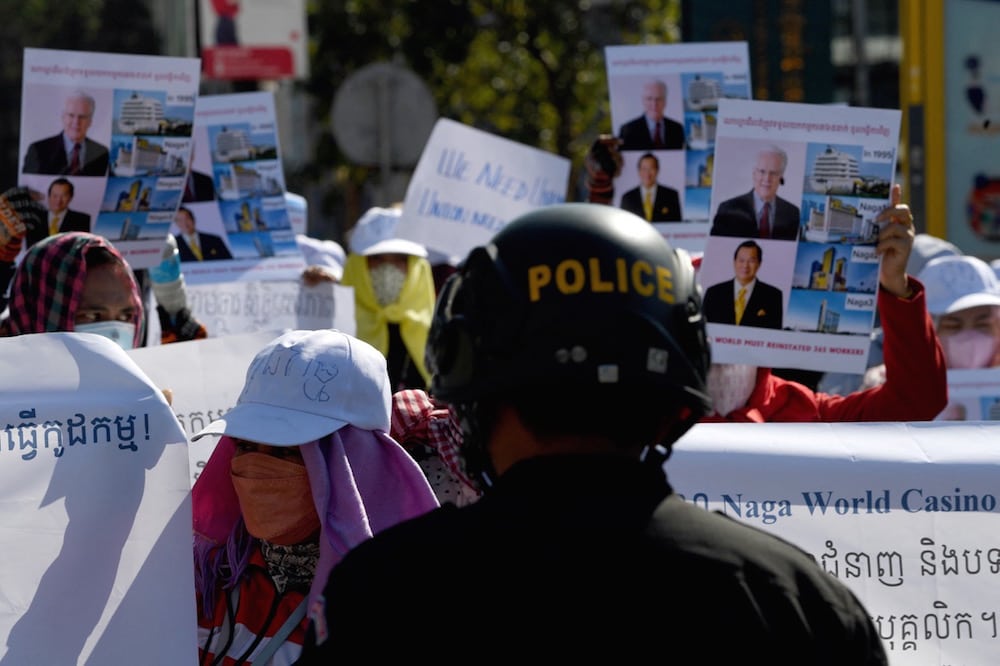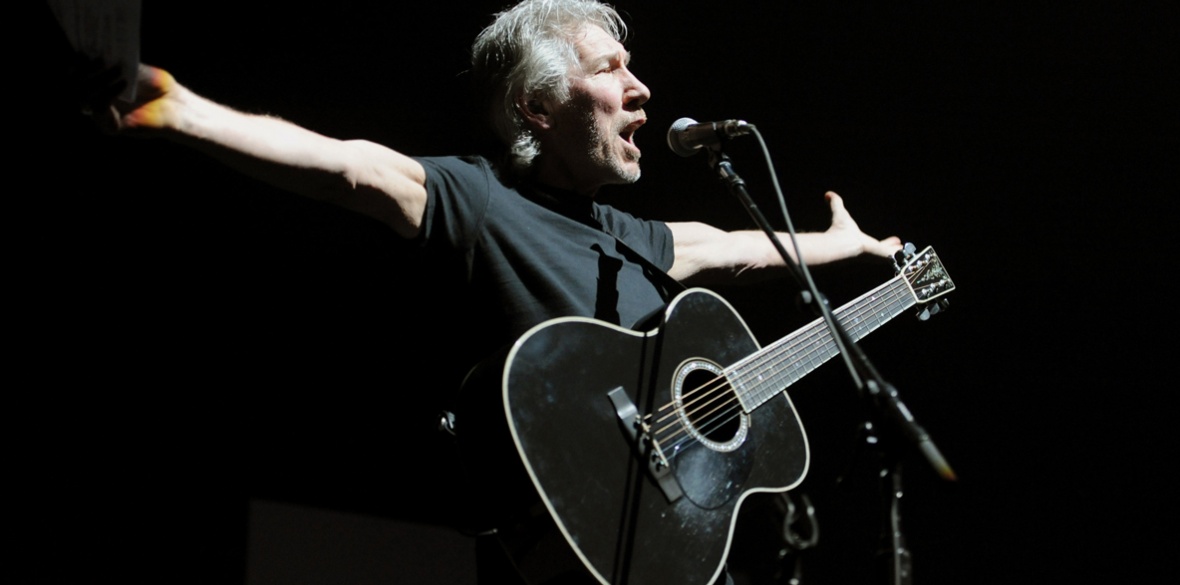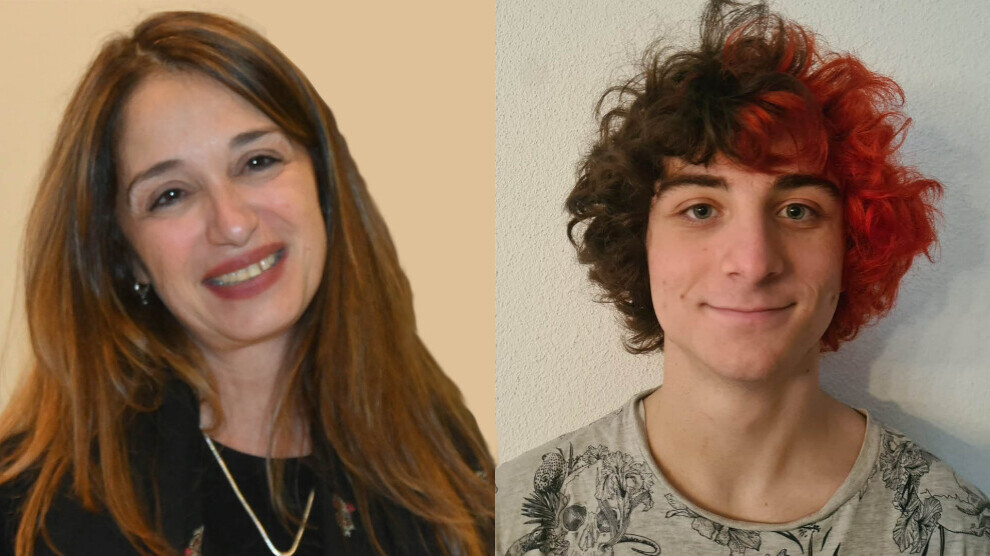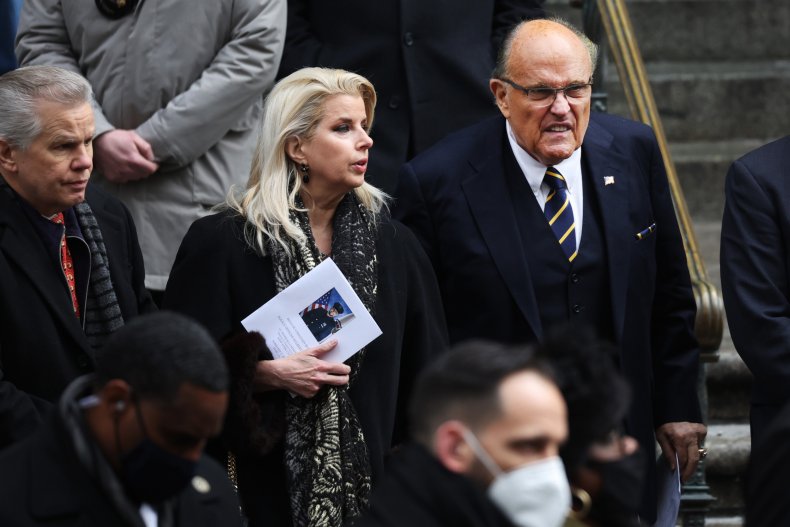Journalist covering labor strike threatened with arrest in Phnom Penh
Cambodia|Freedom of Assembly
Cambodian Centre for Independent Media (CCIM)
20 February 2022

A police officer stands in front of workers from the NagaWorld casino calling for the reinstatement of their colleagues, during a protest outside the National Assembly building in Phnom Penh, Cambodia, 4 January 2022,
A foreign journalist was harassed by authorities while reporting on the ongoing labor strike at NagaWorld casino in Phnom Penh.
This statement was originally published on ccimcambodia.org on 10 February 2022.
The Cambodian Center for Independent Media (CCIM) and the Overseas Press Club of Cambodia (OPCC) condemn the recent harassment, intimidation and threat of arrest of a foreign journalist while they were reporting on labor strike activities in Phnom Penh. The incident marks the latest documented violation of press freedom in Cambodia.
On the afternoon of February 5, 2022, the journalist was photographing and filming interactions between authorities and NagaWorld casino strikers in a public space in the capital when a man in plainclothes, who identified himself as an immigration officer, stopped the journalist, demanded their passport and work permit, and declined to show his own credentials.
The journalist, who is employed by CCIM’s news outlet VOD and is a member of the OPCC, showed their CCIM-issued ID card and offered to show a copy of their passport. The officer, however, demanded to see original documents and threatened the journalist with arrest if they continued taking photos and video, and did not leave the area, compelling the journalist to stop reporting and leave.
Uniformed officers spoke to the man in plainclothes multiple times while he was questioning the journalist. The man also suggested to the journalist that he stopped them because they were working as a journalist.
While authorities have the right to justly enforce laws, journalists equally have the right to report the news. The 1995 Press Law prohibits pre-publication censorship, like what was exhibited during the incident on February 5.
If a truly free press is to exist in Cambodia, then all journalists must be allowed to work without unjust impediment by authorities. This includes freely interviewing sources, and observing, photographing and filming people, events and actions in the public interest.
When authorities arbitrarily use their power and infringe on the freedom of the press, society suffers from a lack of freely available news and information. We call for an end to any such arbitrary abuse of power, as well as harassment and threats against our colleagues. We call for independent investigations into any such violations.
CCIM and OPCC stand in solidarity with all professional journalists facing harassment and intimidation. We stand for a free press in which journalists can work without fear.
View/download statement in English
























